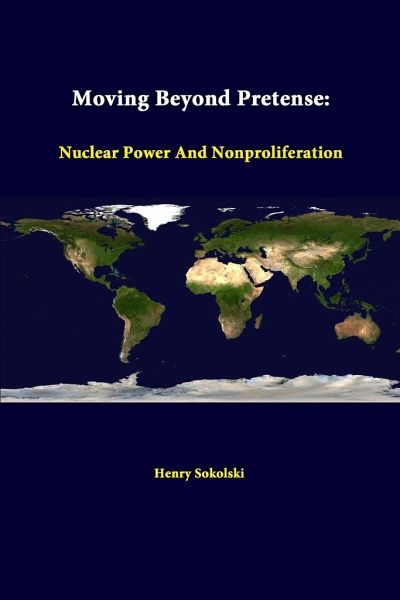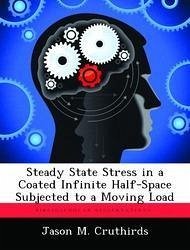
Moving Beyond Pretense
Nuclear Power and Nonproliferation
Versandkostenfrei!
Versandfertig in 1-2 Wochen
36,99 €
inkl. MwSt.

PAYBACK Punkte
18 °P sammeln!
The President of the United States and nearly all his critics agree that the spread of nuclear weapons and the possibility of their seizure and potential use is the greatest danger facing the United States and the world. Looking at the way government and industry officials downplay the risks of civilian nuclear technology and materials being diverted to make bombs, though, a person would get almost the opposite impression. In fact, most governments have made the promotion of nuclear power's growth and global development a top priority. Throughout, they have insisted that the dangers of nuclear...
The President of the United States and nearly all his critics agree that the spread of nuclear weapons and the possibility of their seizure and potential use is the greatest danger facing the United States and the world. Looking at the way government and industry officials downplay the risks of civilian nuclear technology and materials being diverted to make bombs, though, a person would get almost the opposite impression. In fact, most governments have made the promotion of nuclear power's growth and global development a top priority. Throughout, they have insisted that the dangers of nuclear weapons proliferation are manageable either by making future nuclear plants more "proliferation-resistant" or by strengthening International Atomic Energy Agency (IAEA) safeguards and acquiring more timely intelligence on proliferators. How sound is this view, though? How useful might civilian nuclear programs be for states that want to get nuclear weapons quickly?












